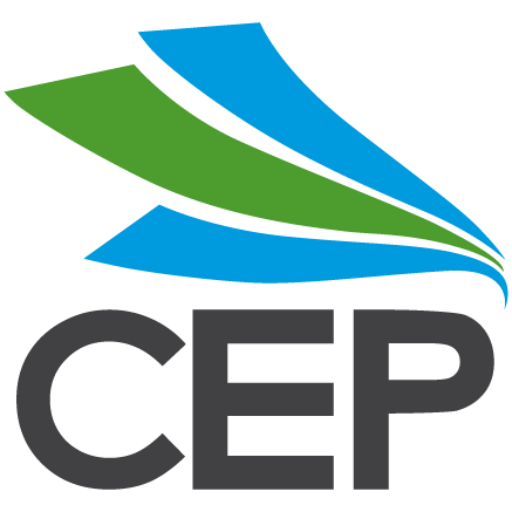NZ MIA on efficiency, green premiums a reality and sweating paint
In this issue:
NZ missing in action on efficiency
The IEA’s 10th annual conference on energy efficiency, this year held in Brussels, wound up last week. The outcomes statement emphasised a commitment for signatories to collaborate and focus on three key issues, namely:
- Affordability – boosting the uptake of energy efficient appliances and applying minimum performance standards as well as financially supporting vulnerable households to access efficient appliances.
- Improved quality of life – by boosting the energy efficiency of all buildings.
- Competitiveness – using energy efficiency to boost profitability and employment.
47 governments attended and signed the outcome statement, New Zealand was not among them. Instead, we are relaxing standards and reducing programmes. Surely, the likes of Australia, the EU, Canada, Japan, Korea, Norway, Switzerland, the UK and many more can’t all be wrong!
Tenants willing to pay premium for green homes and offices
That’s the conclusion of a survey of UK landlords published by Handelsbanken. According to the report, 92% of landlords believe tenants are looking for, and are prepared to pay a premium for, features they expect will save them money, with this belief applying across residential and commercial properties. 77% reported strong interest in features such as heat pumps, solar panels and EV charging points. 57% reported tenants requesting EV chargers and 47% reported tenants are seeking higher (minimum C under the UK reporting system) residential building performance ratings.
Bonn focused on adaptation and finance
The annual pre-COP meeting of officials in Bonn is now in progress. The meetings prepare the foundations for COP negotiations and, this year, are focused on adaptation and climate finance.
Sweating paint improves cooling
Cooling paint has been around for some time. The external paints use reflection and radiative cooling to keep temperatures down. However, they don’t always work that well in humid climates, where water vapour in the atmosphere traps heat close to the surface, reducing the cooling effect. Scientist from Nanyang Technology University (Singapore) have added evaporative cooling to the mix in a new, cement-based, porous paint. The paint absorbs water which then evaporates, producing a cooling effect not dissimilar to the sweating process. The paint has been shown to reflect around 90% of sunlight, even when wet, and emits 95% of the heat it absorbs. In trials, a house coated with the paint used between 30% and 40% less electricity for cooling compared with control paints.
Did you know ……
Since the Paris Agreement was signed, banks have financed fossil fuels to the tune of €6.9 trillion (NZ$13trn)? Concerningly, 2024 saw the first increase in fossil fuel financing since 2021, with the top 65 banks providing €751bn (NZ$1,430bn) to the industry, up €141bn (NZ$270bn) from 2023, an increase of 23%.
